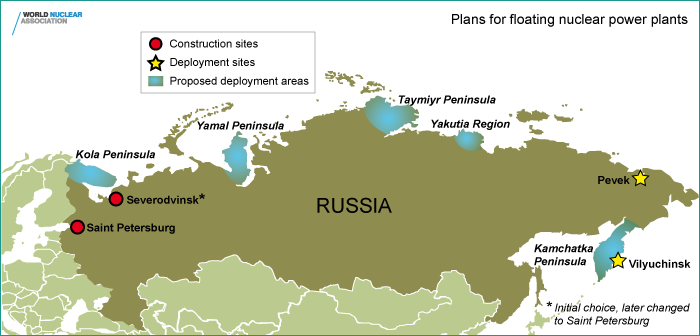Russia’s success in the promotion of its nuclear energy technologies helps to expand Moscow’s role in strategically important regions of the world, which is a great geopolitical benefit for the Kremlin, Ian Armstrong, an expert in nuclear-powered energy, wrote for Global Risk Insights.
“To be clear, the influence gained by Russia through each bilateral nuclear agreement should not be understated. For one, the construction timeline for nuclear power plants is typically long-term, ensuring that Russia will have a presence in any country it signs a nuclear contract with for a minimum of several years,” Armstrong said.
Currently, Russia is in a good position expanding its nuclear power diplomacy. According to the author, Russian-built nuclear power plants would become similar to embassies that would increase political cooperation between Russia and countries in which nuclear plants would be installed.
Since its establishment in 2007, Rosatom has slowly, but steadily has taken over the nuclear energy market. As of now, Rosatom has already established nuclear agreements with important global players, such as Argentina, Egypt, Saudi Arabia, Nigeria, South Africa, Turkey, as well as ordered the construction of new nuclear power plants in China, India and Belarus.
Overall, in 2014 there were 29 Russian nuclear reactors planned for construction across the globe and another 50 would be built within a few years, according to Rosatom’s prediction.
Keeping in mind that Rosatom doesn’t have any comparable international competitor, the company’s place in the nuclear market won’t be challenged any time soon and Moscow would get to cash in billions using its nuclear expertise, Armstrong concluded.
Finally, the construction of Russian nuclear power plants would bring jobs to the economies of countries who haved signed nuclear contracts with Rosatom. This in turn would also increase ties between Russia and local communities involved in nuclear energy deals.
 Geostrategic Media Political Commentary, Analysis, Security, Defense
Geostrategic Media Political Commentary, Analysis, Security, Defense





